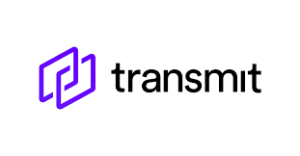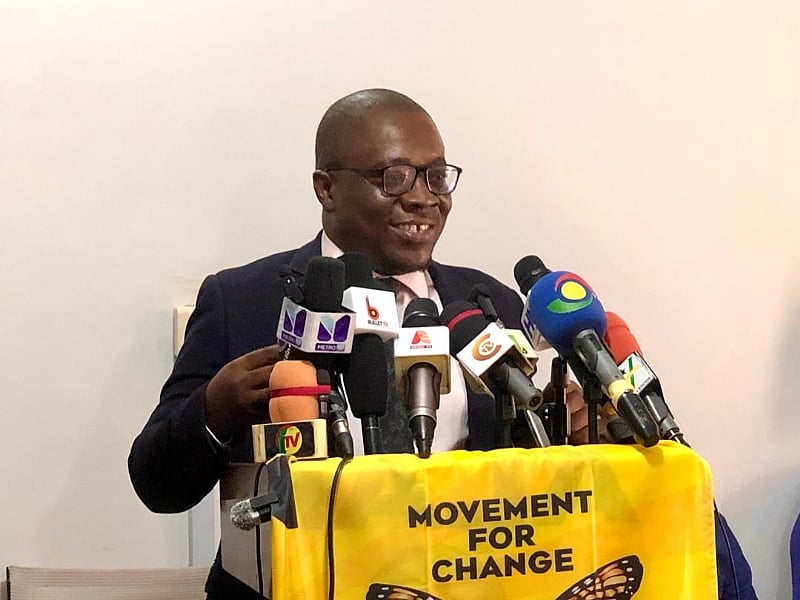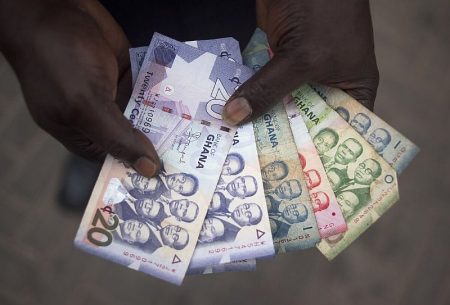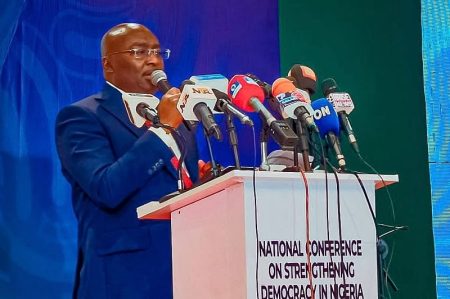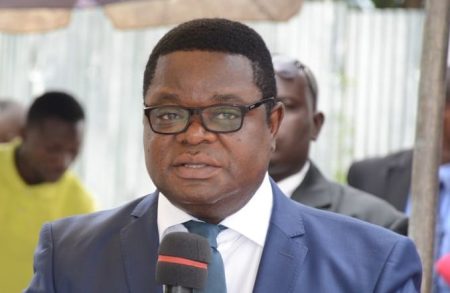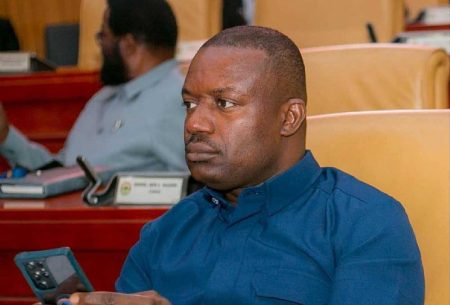The Movement for Change has issued a call for accountability and decorum within Ghana’s parliamentary system. They commend the Minority in Parliament for their role in holding the current administration accountable but express concern over the often hostile and disruptive nature of parliamentary proceedings. While acknowledging the importance of robust oversight, the Movement emphasizes the need for a more cordial and collaborative approach. They argue that effective democracy hinges not only on disagreement but also on the ability to “agree to disagree,” urging a shift away from grandstanding and disruptive tactics towards a more constructive engagement between the Majority and Minority parties. This call for a more tempered approach aims to foster a more productive parliamentary environment that prioritizes effective governance over political theatrics.
The Movement also addresses the Majority in Parliament, urging them to exercise their power responsibly and with a commitment to transparency and accountability. This reciprocal call for responsible governance underscores the Movement’s belief that both sides of the political divide share a responsibility to ensure the smooth and effective functioning of the government. By emphasizing the importance of accountability and transparency, the Movement seeks to promote a political culture that prioritizes the interests of the citizenry and fosters trust in the government’s operations. This balanced approach recognizes that effective governance requires not only a vigilant opposition but also a responsible and accountable ruling party.
Focusing on fiscal discipline and government efficiency, the Movement commends President John Dramani Mahama’s efforts to establish a “lean” government. They applaud the reduction in the number of ministerial appointments, viewing it as a potential game-changer in terms of reducing public expenditure. This endorsement of a lean government structure reflects the Movement’s belief that a more streamlined and efficient government can better serve the needs of the people and minimize unnecessary spending. They urge the Ministry of Finance to take further steps to overhaul the national budget architecture and implement measures that ensure fiscal responsibility.
Furthermore, the Movement advocates for the abolition of certain taxes and levies deemed burdensome, including the Betting Tax, COVID Levy, and Fumigation Levy. They propose that the potential revenue shortfall resulting from the elimination of these taxes could be offset by a modest increase in the Value Added Tax (VAT) from 15% to 17%. This proposal reflects a nuanced approach to fiscal policy, aiming to alleviate the financial burden on citizens while simultaneously ensuring that the government has the resources necessary to function effectively. They also highlight the importance of tackling corruption as a means to further conserve public funds.
To address the pervasive issue of corruption, the Movement calls for a comprehensive and robust anti-corruption strategy. This includes unifying and strengthening existing anti-corruption laws, establishing a constitutionally backed anti-corruption “czar,” and implementing mandatory asset declaration and lifestyle audits for public officials. These proposed measures aim to create a more transparent and accountable public sector, minimizing opportunities for corruption and ensuring that public resources are utilized responsibly. The Movement believes that a strong and independent anti-corruption mechanism is crucial for fostering public trust and promoting good governance.
The Movement’s multifaceted approach underscores their commitment to a holistic vision for good governance in Ghana. They advocate for a more collaborative and less confrontational parliamentary environment, responsible exercise of power by the ruling party, fiscal discipline and efficiency in government spending, targeted tax relief for citizens, and a comprehensive strategy to combat corruption. By addressing these key areas, the Movement aims to contribute to a more effective and accountable government that serves the best interests of the Ghanaian people. Their emphasis on both accountability and collaboration signals a belief that a healthy democracy requires not only vigorous oversight but also a willingness to work together towards common goals.


